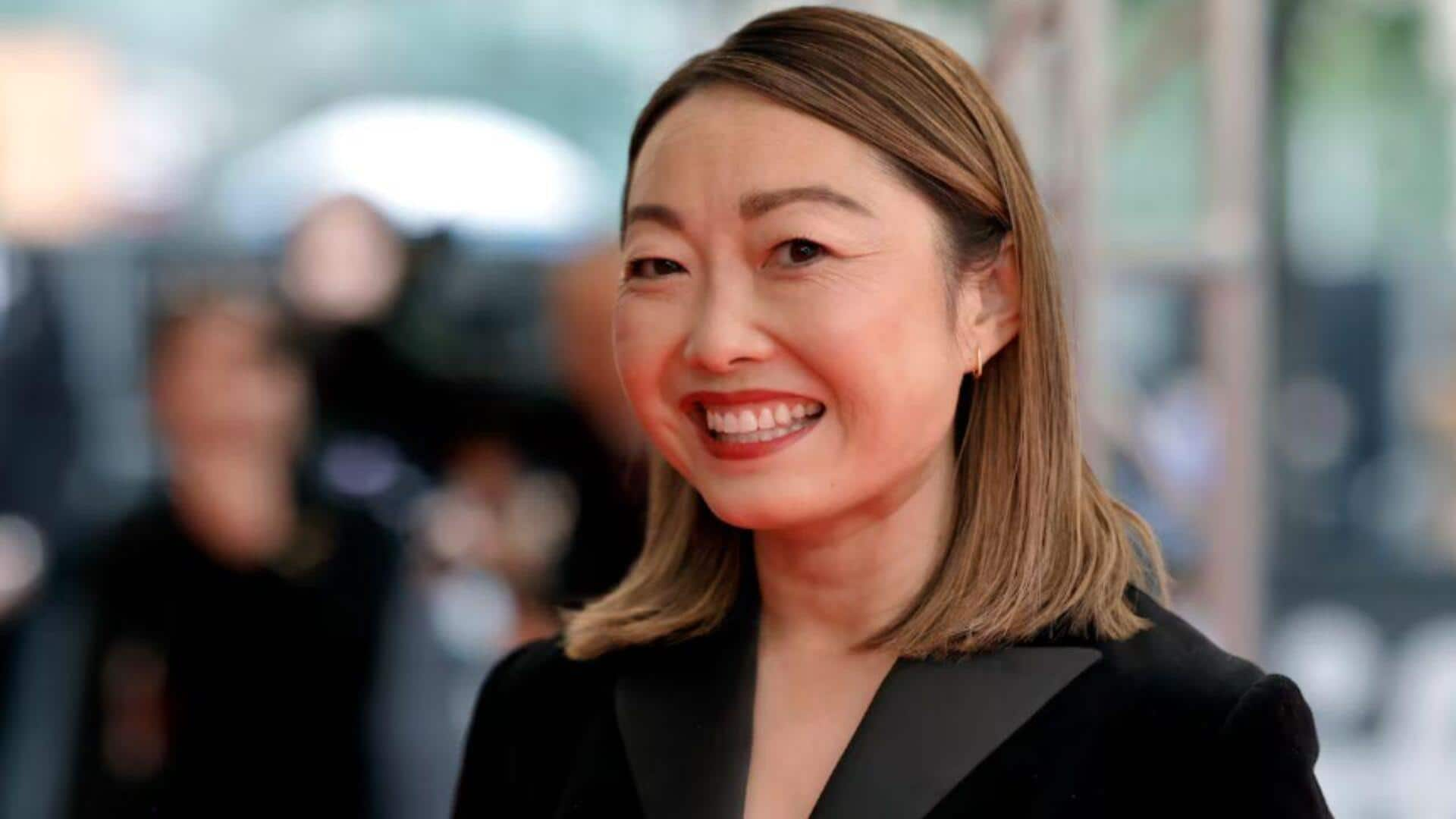
The cultural power of Lulu Wang's storytelling
What's the story
Filmmaker Lulu Wang, whose unique storytelling has made a mark, has come a long way in bridging cultural gaps in Hollywood. Wang's narratives are often a fusion of East and West, giving audiences a new take on universal themes. By adding her personal experiences and cultural nuances to her films, Wang tells stories that speak to diverse audiences. Not only does it enrich the cinematic landscape, but it also creates more understanding between cultures.
#1
'The Farewell' as a cultural bridge
The Farewell, one of Wang's most acclaimed films, is a perfect example of how she bridges cultures. The film delves into family dynamics and cultural expectations through the lens of a Chinese-American experience. By showcasing both Eastern traditions and Western values, Wang takes viewers on a journey to explore the intricacies of identity and belonging. This narrative approach helps audiences from all backgrounds find common ground in shared human experiences.
#2
Personal experiences shaping narratives
Wang often draws from her own life experiences to craft authentic stories that resonate with viewers globally. Her ability to weave personal anecdotes into broader narratives allows her to create films that are both intimate and universally relatable. This technique not only adds depth to her characters but also provides insight into the challenges faced by individuals navigating multiple cultural identities.
#3
Emphasizing universal themes
Apart from honing in on specific cultural aspects, Wang also focuses on universal themes like love, loss, and family ties in her work. This way, she makes sure her stories resonate with a larger audience, without compromising on the cultural authenticity of it all. This balance makes it easier for people from diverse backgrounds to connect with the emotions on-screen, creating empathy and understanding.
#4
Impact on Hollywood's diversity landscape
Wang's contributions have also made a dent in Hollywood's diversity landscape by putting underrepresented voices and stories on the map. Her success proves that there is a growing demand for diverse narratives that reflect real-world complexities instead of depending solely on stereotypes or cliches. As more filmmakers like Wang stride into the industry, we could see the representation grow even further across media.